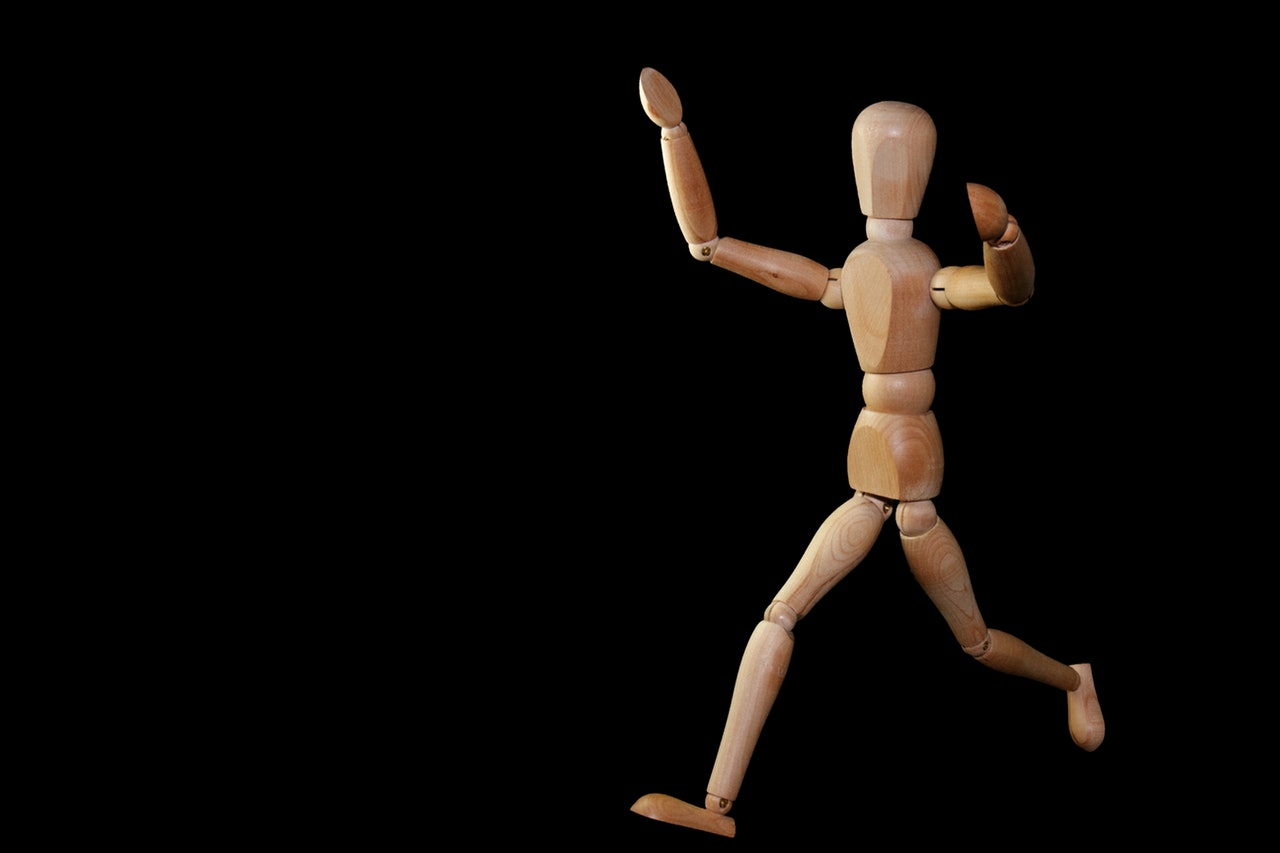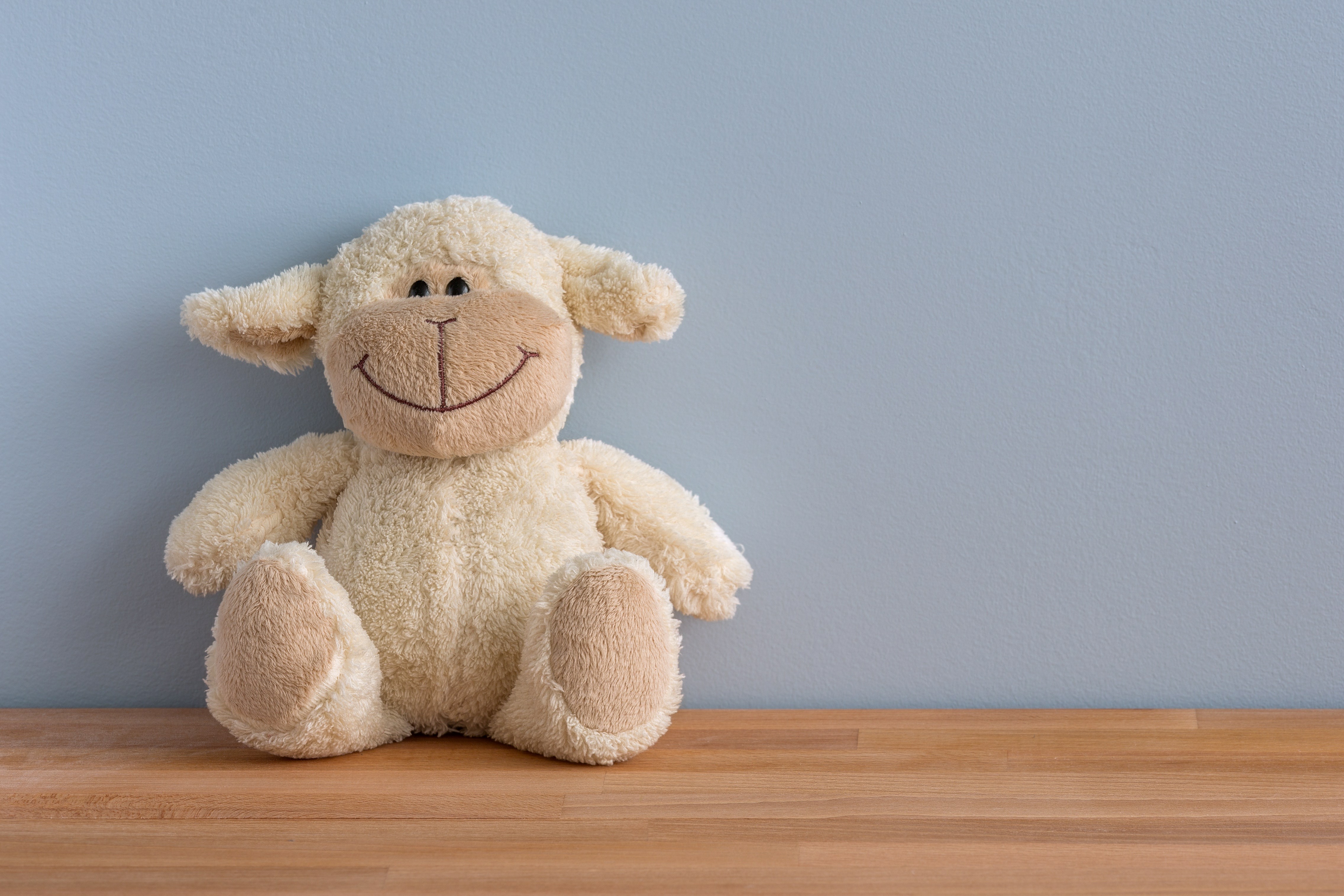To make myself happier and to alleviate the fear and decline of growing older I have simply decided to believe that I am a spirit in a body rather than a biological machine. As a scientist I have no proof that this is the case and I cannot substantiate that I contain any form of spiritual life that persists after my death. However, I do firmly believe that you can improve your level of happiness by joining me in the same belief.
Believing in life after death can have a significant positive impact on your attitude to your body. Changing how you view your body may be one of the most profound and beneficial steps that you can take towards improving your greater personal happiness.
Much has been written over the centuries by many different religions on life after death. As far as I am aware they are all united in the consensus that there is an after-life – sometimes heavenly, sometimes hellish, with variations in between, but consensus nevertheless. How many people really believe that there is life after death, actively disbelieve there is not life after death or simply do not know whether there is or there isn’t, is open to conjecture. The truth is that no-one really knows.
Happiness is primarily about the elimination of internal fear, stress and anxiety – the less negative emotions that we have the happier that we feel. When we fear things, it makes us unhappy and, without question, fear, associated with the body, is common amongst most people. We worry about our body getting sick, fat, thin, old, ugly and innumerable combinations of these and other factors.
Changing your outlook on your body can have a profound positive impact on your health, both mentally and physically. Accepting firstly that your body is not you and will eventually deteriorate, and then secondly, what and how you think can have a profound impact on the health of your body, is highly advantageous.
If I am completely honest with myself, over the years, I have spent rather too much of my time obsessing about my body. I was probably most unhappy about my body when I was a teenager. Now that I am much older, I now realise that my unhappiness during my teenage years was considerably more mental than physical. Reflecting on my body at the time when I was a young man, I realise that, although far from being a hunk, I was definitely the best physical example of me that I will ever be.

Doctors suggest that that living in a state of stress is very unhelpful to your body and can create illness. This suggests that worrying continually about a work situation, relationships, etc. can have a biological impact on your body. It is therefore sensible to conclude that changing the attitude towards our thoughts, beliefs and our daily life can have a profound effect on the well-being of both our mind and body.
You may have noticed that your body often finds it difficult to distinguish between internal and external stimuli. For example, if you dream that you are being chased by a pack of dogs, your heart rate and adrenaline levels will rise in a similar way to a situation where you are actually being chased by a pack of dogs. Similarly, you may also notice that whether you laugh or whether you cry is determined by the thought process that precedes the bodily reaction.
It is interesting to note that, from your first childhood memory to the present day, you are likely to have noticed that there is a part of you that has remained unchanged. Looking at yourself in the mirror may alert you to the aging of your body, but the basic being inside you feels the same, from your earliest memory, to the present day. It may be that your body is merely a communication device that allows your spirit to commune with other spiritual beings rather than a body that is you.

If you practice meditation, you may have recognised that you are separate to your thoughts – you control whether or not you interact with your thoughts. Meditation reduces stress levels because we learn to observe our thoughts without becoming attached to them. We are therefore, not the thoughts – we are the observer of the thoughts. If we use the analogy of a car – you are not the car or the engine, you are the driver! This means that at some point in time, when the engine stops, you may well be able to open the car door, get out and continue your journey by another means of transport. I hope that you will find this analogy comforting and join me in believing that you are a spirit in a body is an important step towards achieving happiness.


